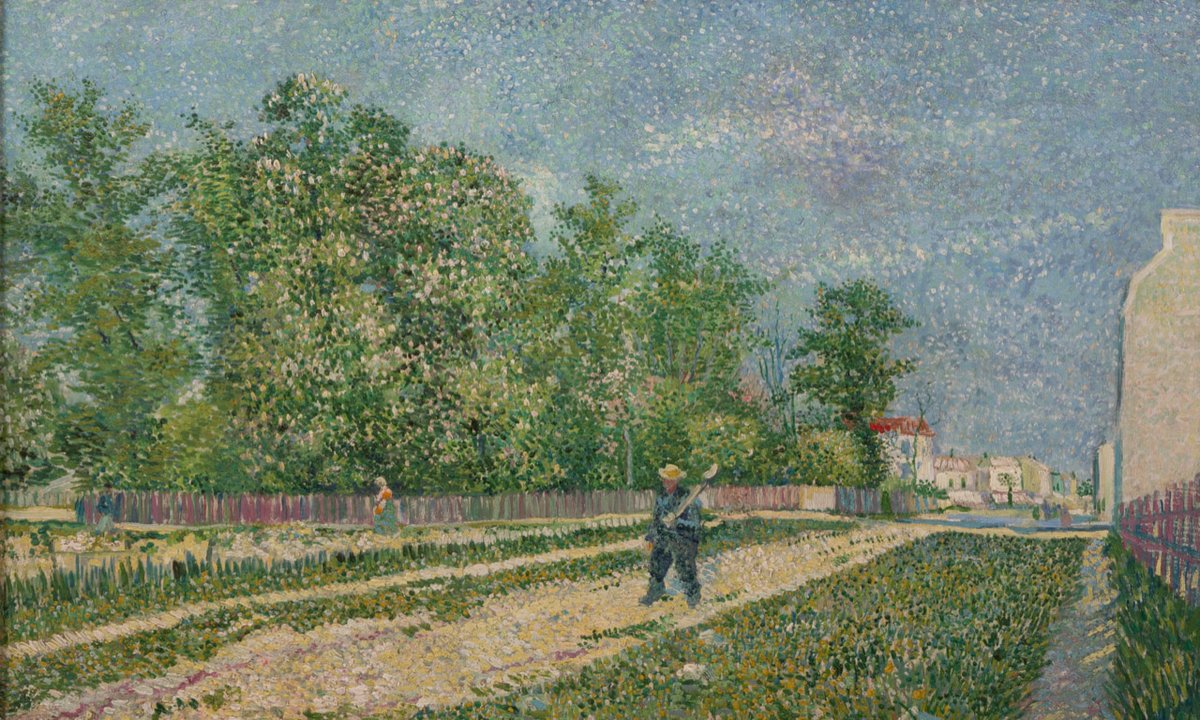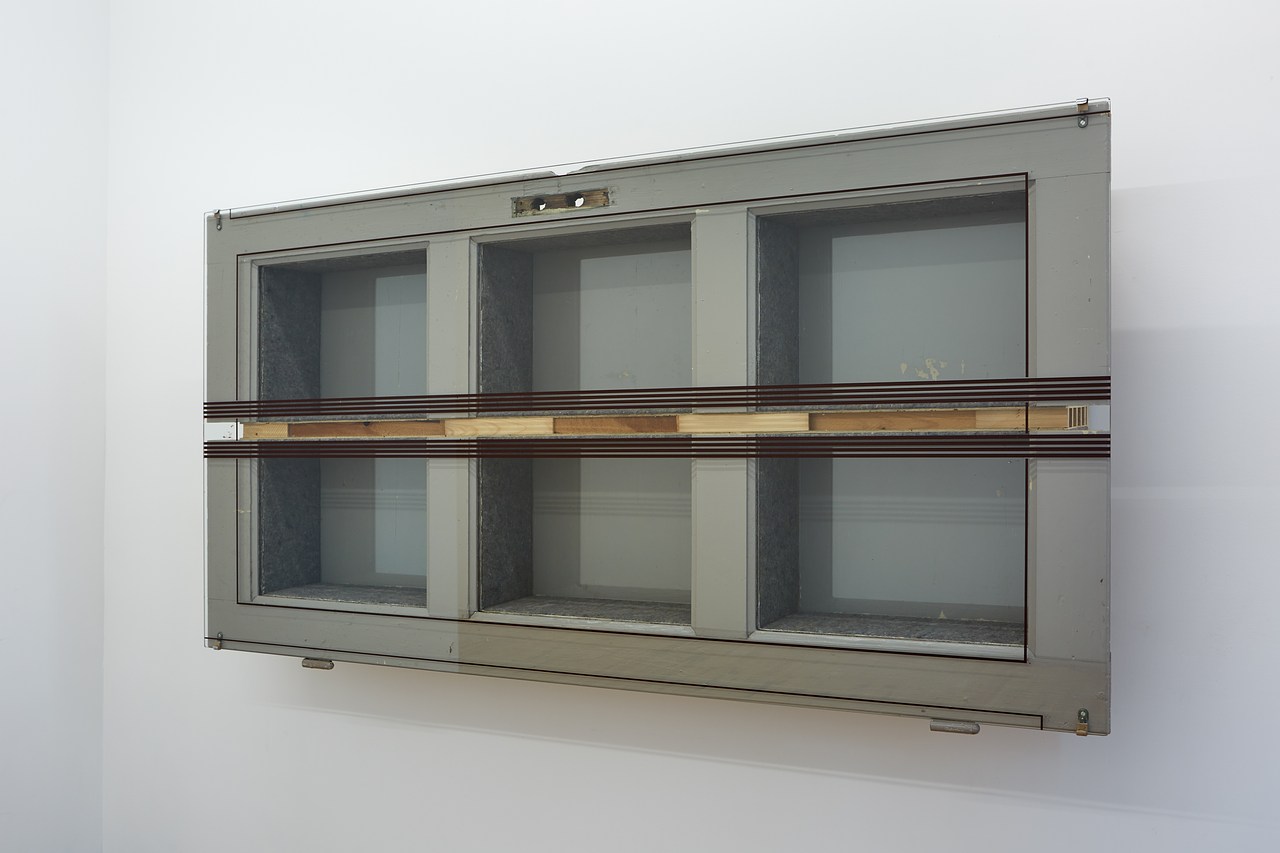The Reverse Sessions. Litophone
2017 - Installation (Installation)
2014- 2017 variable dimensions
Tarek Atoui
For The Reverse Sessions , the artist reversed the order in which instruments are usually created, taking the sounds of a collection of ethnic musical instruments from The Dahlem Museum as the starting point. The artist used the audio recordings of live performances that he wrote and directed, to collaborate with instrument makers on imagining and building the objects that could have generated these recordings. Without involving any images, Atoui proposed to engage with sound directly — contrary to the path of ethnomusicology that studies the shape and mechanism of an instrument with an emphasis on its cultural and social context. The Reverse Sessions is the result of this collaboration: eight original instruments that combine string, wind and percussion, which were activated during performances and rehearsals that took place over the duration of Atoui’s five-week exhibition at Kurimanzutto gallery.
Tarek Atoui is an artist and electroacoustic composer working with sound performance. The artist engineers complex and inventive instruments as well as arranges and curates interventions, concerts, performances, and workshops. His practice develops from extensive research into music history and instrumentation, revolving around large-scale, collaborative performances that explore new methods of production. The artist’s work is centrally concerned with the ongoing reflection on the instrument and the act of performing as a multifaceted, open, and dynamic process. The orchestrated performances are mostly improvised, but are always grounded in a meticulous investigation of sound archives and collections. Concerned with education and social connection, Atoui’s projects explore sustained methodologies in which deaf people can experience and perceive sound. Using custom-built electronic instruments and computers, Atoui references current social and political realities, revealing music and new technologies as powerful components of expression and identity.
Colors:
Related works sharing similar palette

© » KADIST
In conversation with Nataša Petrešin-Bachelez Together they will talk about Marwa Arsanios’ last video “ Falling is not collapsing, falling is extending “, 2016, presented recently at the Hammer Museum (Los Angeles), that looks into the garbage crisis in Beirut and the city’s recent real estate boom...

© » KADIST
Woto Wibowo
2011Vertical Horizon by Wito Wibowo addresses a media scandal in 2010 that took over the cultural milieu of Indonesia...

© » KADIST
Kaoru Arima
2015Arima’s free brushstrokes gesture towards traditions in Expressionist painting, and Ticket could be seen as an attempt at “pure painting” in which the aesthetics of the medium supersede content...
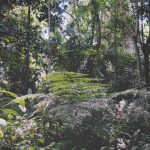
© » ARTS EQUATOR
Caring for the Carers: How Malaysian artists working with communities hold space | ArtsEquator Thinking and Talking about Arts and Culture in Southeast Asia ArtsEquator Viewpoints Courtesy of Syarifah Nadhirah August 12, 2021 By Rahmah Pauzi (1,300 words, 5-minute read) I had forgotten how loaded the words “how are you,” or “apa khabar,” can be...
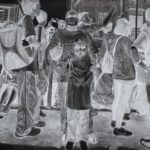
© » ARTS EQUATOR
Weekly Picks: Malaysia (13 – 19 Aug 2018) | ArtsEquator Thinking and Talking about Arts and Culture in Southeast Asia Weekly To Do August 13, 2018 Kenapa Tak Tukar Nama , at klpac, 18–19 Aug, 1:30pm This monologue follows Muslim convert Hoe Mei Ying as she navigates the complexity of identity and faith, and tackles a common question: Why have you not changed your name upon conversion? Yiky Chew plays five characters with various takes on the question, and is a performance devised from experiences of a convert getting her new Malaysian identity card...

© » KADIST
Matthieu Saladin
2016L’effeuillage des effacements (The Stripping of Erasures) 2016, presents a piles of posters gathered in decreasing chronological order from 2015 to 2400 B...
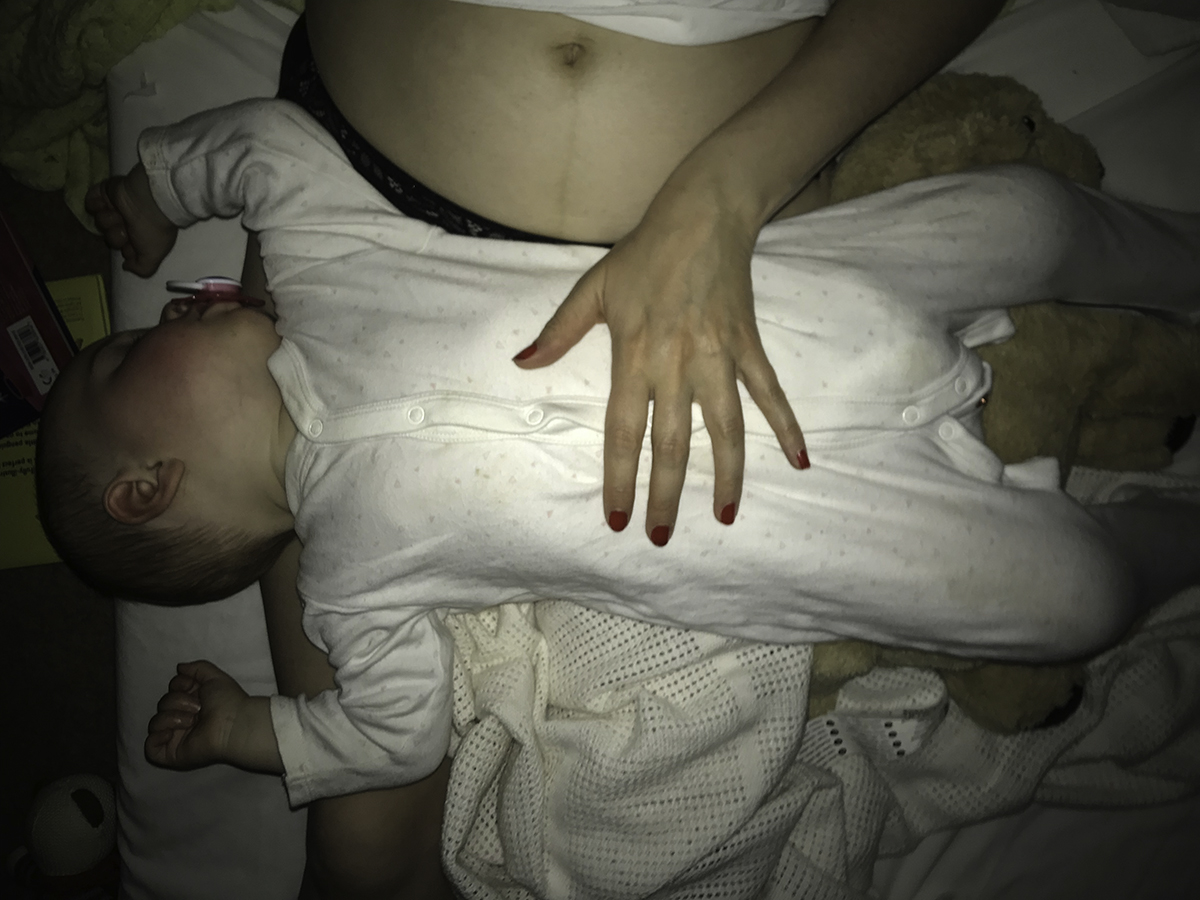
© » 1854 PHOTOGRAPHY
‘I didn't know when it was going to stop’: Inside the machine of motherhood - 1854 Photography Subscribe latest Agenda Bookshelf Projects Industry Insights magazine Explore ANY ANSWERS FINE ART IN THE STUDIO PARENTHOOD ART & ACTIVISM FOR THE RECORD LANDSCAPE PICTURE THIS CREATIVE BRIEF GENDER & SEXUALITY MIXED MEDIA POWER & EMPOWERMENT DOCUMENTARY HOME & BELONGING ON LOCATION PORTRAITURE DECADE OF CHANGE HUMANITY & TECHNOLOGY OPINION THEN & NOW Explore Stories latest agenda bookshelf projects theme in focus industry insights magazine ANY ANSWERS FINE ART IN THE STUDIO PARENTHOOD ART & ACTIVISM FOR THE RECORD LANDSCAPE PICTURE THIS CREATIVE BRIEF GENDER & SEXUALITY MIXED MEDIA POWER & EMPOWERMENT DOCUMENTARY HOME & BELONGING ON LOCATION PORTRAITURE DECADE OF CHANGE HUMANITY & TECHNOLOGY OPINION THEN & NOW All images © Pauline Rowan In Between the Gates , new mother Pauline Rowan navigates an often-obscured side of parenthood Pauline Rowan was wholly prepared for the realities of motherhood – or so she thought...

© » ARTS EQUATOR
Galleries informed that art fair Art Stage Singapore cancelled (via The Straits Times) | ArtsEquator Thinking and Talking about Arts and Culture in Southeast Asia ArtsEquator Radar January 16, 2019 SINGAPORE – At least five galleries slated to participate in Art Stage Singapore say the art fair has been cancelled by organisers...
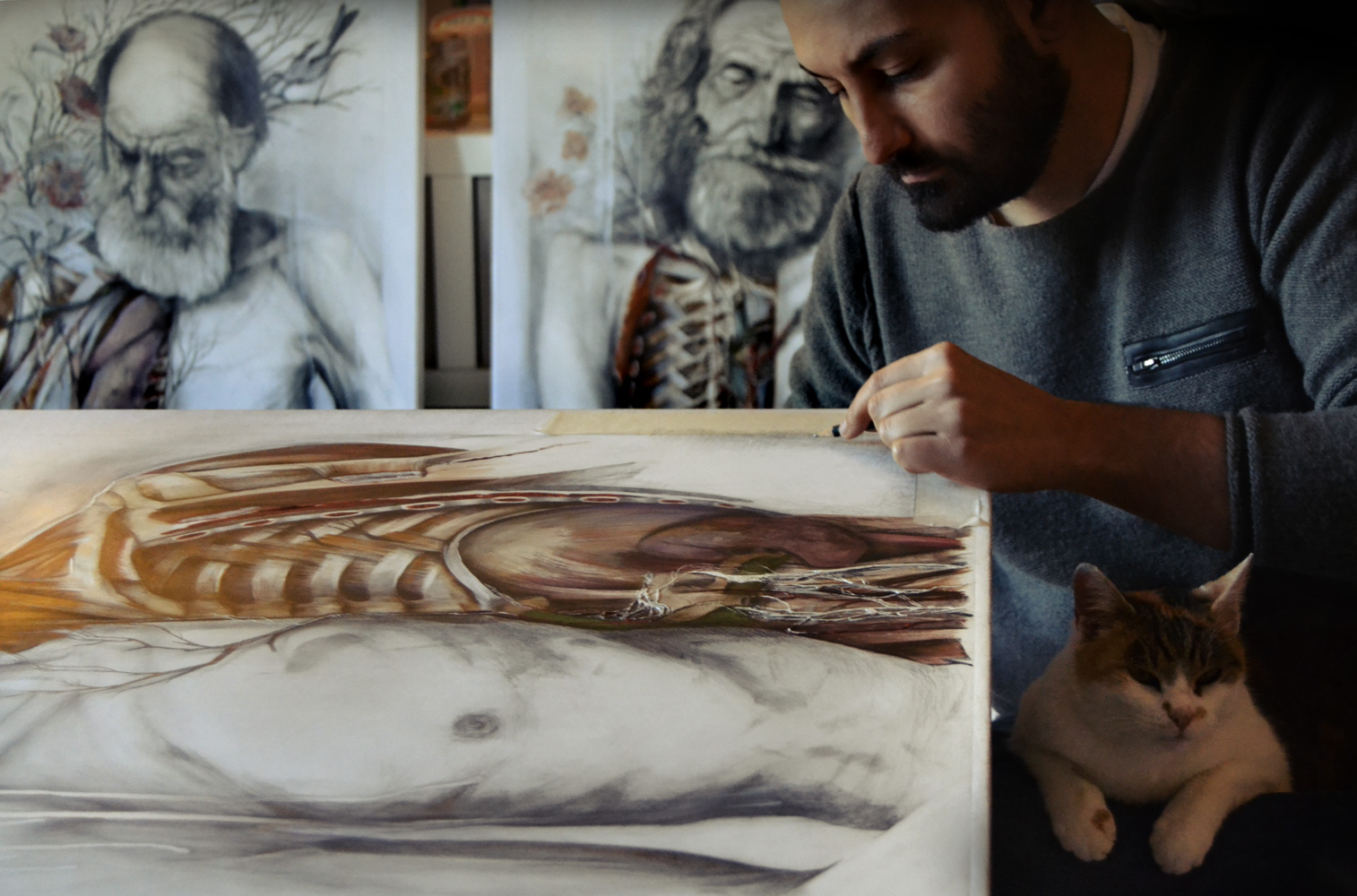
© » ARTREPORT
Life and Death Explored At Art Stage Singapore – Art Report News ARTISTS Artist Highlights Artist Interviews Studio Visit VIDEOS ART+ Community Listicles No Result View All Result News ARTISTS Artist Highlights Artist Interviews Studio Visit VIDEOS ART+ Community Listicles No Result View All Result No Result View All Result Life and Death Explored At Art Stage Singapore by Christina Lee Jan 25, 2016 in NEWS 0 Portrait, Nunzio Paci...

© » SLASH PARIS
Hommage à Vera Molnar — Cruciformes — MAC VAL Musée d'art contemporain du Val-de-Marne — Exposition — Slash Paris Connexion Newsletter Twitter Facebook Hommage à Vera Molnar — Cruciformes — MAC VAL Musée d'art contemporain du Val-de-Marne — Exposition — Slash Paris Français English Accueil Événements Artistes Lieux Magazine Vidéos Retour Précédent Suivant Hommage à Vera Molnar — Cruciformes Exposition Techniques mixtes Vue de l’exposition Cruciformes — Hommage à Vera Molnar , MAC VAL 2024 Photo © Aurélien Mole Hommage à Vera Molnar Cruciformes Encore environ 2 mois : 5 janvier → 8 avril 2024 Le 5 janvier 2024, Vera Molnar aurait eu cent ans...
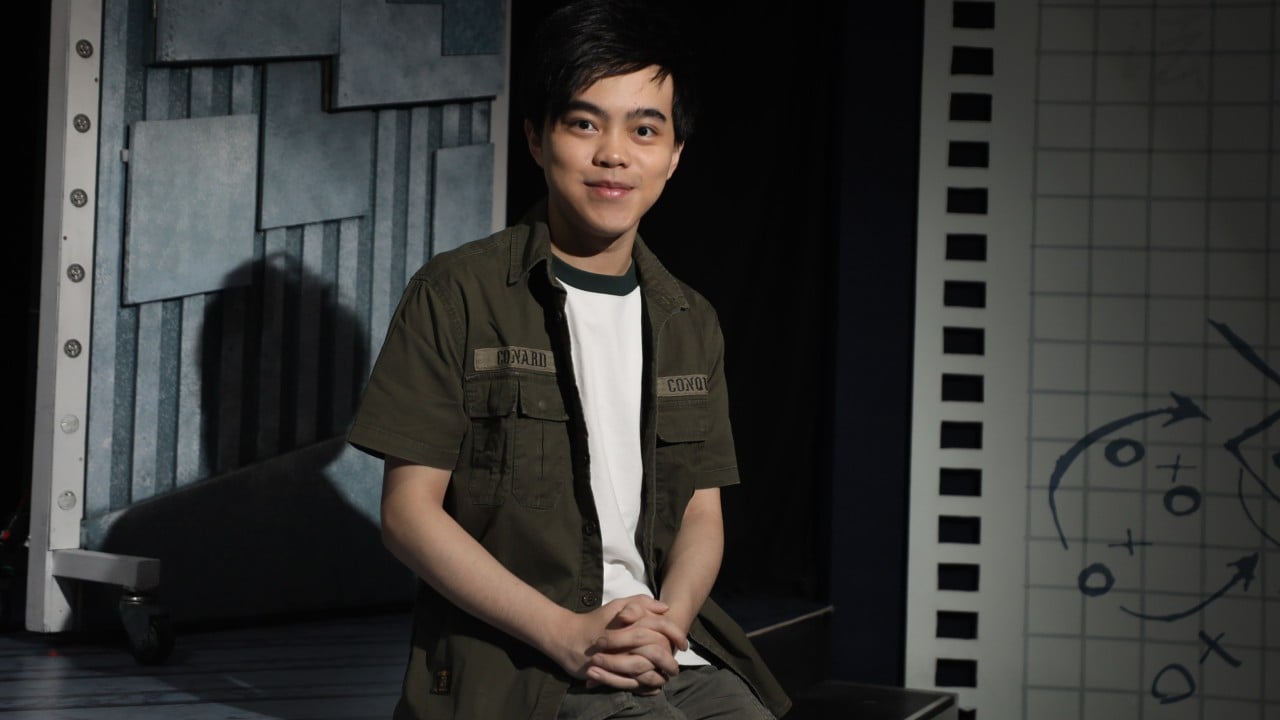
© » SOUTH CHINA MORNING POST
He wants Hong Kong to fall in love with theatre and he’s doing everything he can to make that happen | South China Morning Post He wants Hong Kong to fall in love with theatre and he’s doing everything he can to make that happen Performing arts in Hong Kong Hong Kong theatre wunderkind Tom Chan is the youngest and only producer to stage a long-running musical show in the city...

© » SOUTH CHINA MORNING POST
Floral art by Andy Warhol, Pablo Picasso, Claude Monet and other artists on display at private Deji Art Museum in Nanjing, China | South China Morning Post Advertisement Advertisement Art + FOLLOW Get more with my NEWS A personalised news feed of stories that matter to you Learn more The exhibition ‘Nothing Still About Still Lifes: Three Centuries of Floral Compositions’ at Nanjing;s Deji Art Museum features more than 100 modern and contemporary artworks, including (above) “Les Amoureux au Bouquet de Fleurs” (1935-1937), by Marc Chagall...
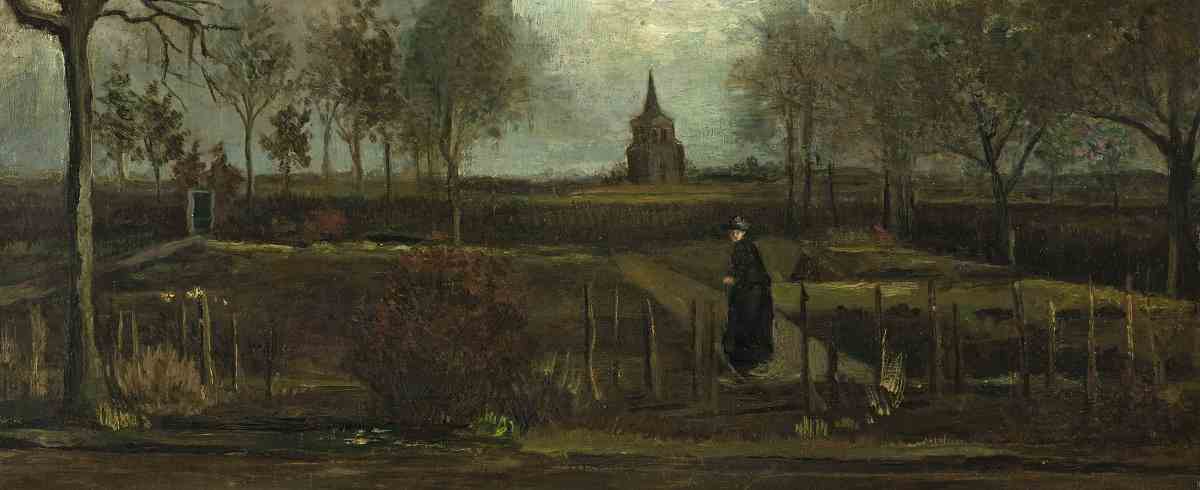
© » ART CENTRON
Recovered Van Gogh Masterpiece Takes the Spotlight Again - Artcentron Home » Recovered Van Gogh Masterpiece Takes the Spotlight Again ART Feb 10, 2024 Ξ Leave a comment Recovered Van Gogh Masterpiece Takes the Spotlight Again posted by ARTCENTRON Vincent van Gogh, The Parsonage Garden at Nuenen in Spring (1884)...





